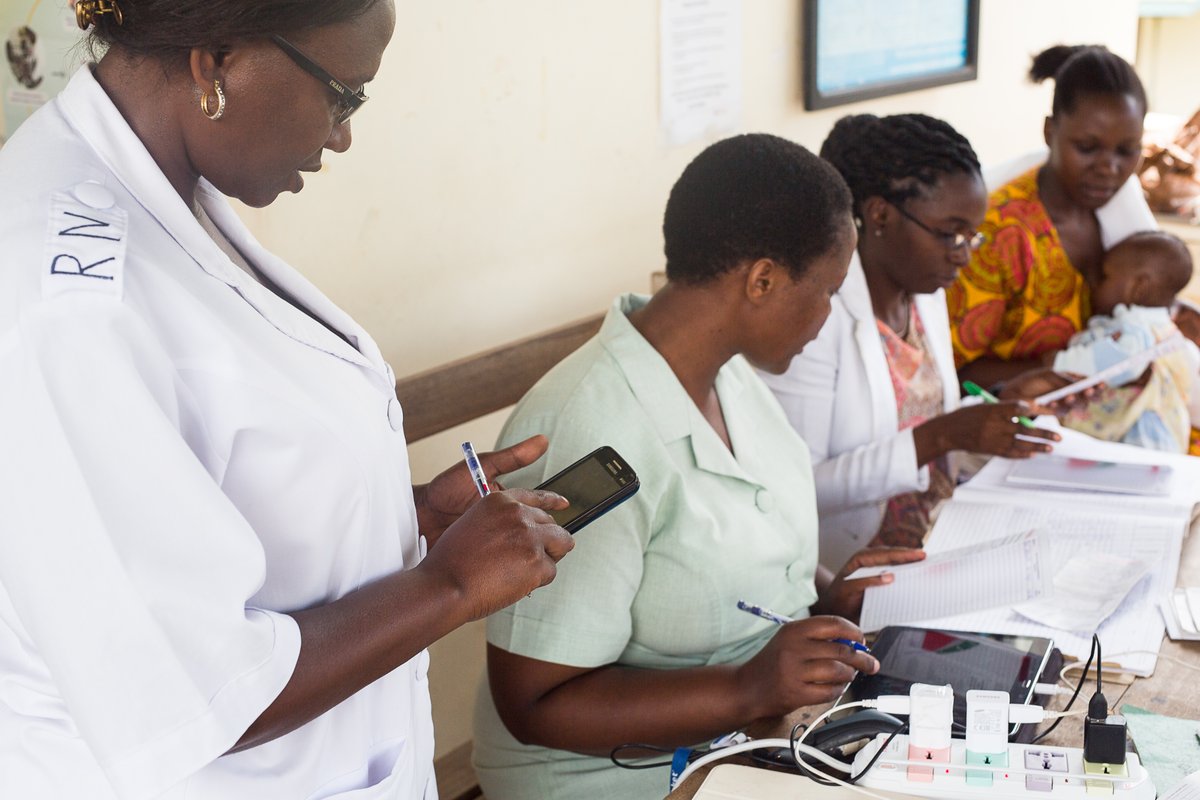Digital transformation is essential for development, especially in healthcare. Implementing Digital Health Systems is expected to enhance access to medical care and reduce inefficiencies. By leveraging digital tools and AI to track pharmaceuticals, governments can manage resources more effectively and make sure that essential medicines reach patients, ultimately improving public health outcomes.
Zambia has initiated the rollout of Digital Health Systems in hospitals across the country to enhance healthcare delivery and guarantee the availability of essential medicines. Announced on September 4 by the Ministry of Science and Technology, the project, in collaboration with the Ministry of Health, aims to digitize healthcare services and combat drug pilferage.
During the project launch in Gwembe, Southern Province, Minister of Science and Technology Felix Mutati emphasized the transformative potential of modern technology in healthcare. He highlighted that hospitals would now use digital tools to extend healthcare access to a greater number of Zambians.
Additionally, it will track pharmaceuticals from procurement to patient use, aiming to prevent drug theft within healthcare facilities.
Access to basic healthcare in Zambia remains highly unequal between urban and rural areas. According to the International Insulin Foundation’s report on Zambia’s health system, while 99% of urban households are within 5 kilometers of a healthcare facility, only about 50% of rural households enjoy similar proximity.
The ongoing digitization initiative aims to bridge this gap by leveraging digital tools to extend healthcare access, particularly to underserved rural communities.
Drug theft has also been a persistent issue in Zambia’s health sector, with the national drug stock level at just 53.1%, falling short of the World Health Organization’s lowest threshold of 70%. In 2020, Transparency International raised concerns when journalists uncovered irregularities in a US$17 million health kit procurement. By implementing digital health systems and utilizing AI technologies, the government seeks to improve accountability in the pharmaceutical supply chain. These systems will allow precise tracking of drugs from procurement to patient use, boosting transparency and curbing mismanagement in the healthcare sector.
This initiative aligns with Zambia’s ‘Health Information Systems Strategy 2022–2026,’ which envisions “a national health information system that harnesses digital innovations to support evidence-based decision-making for quality and fair health services.”



